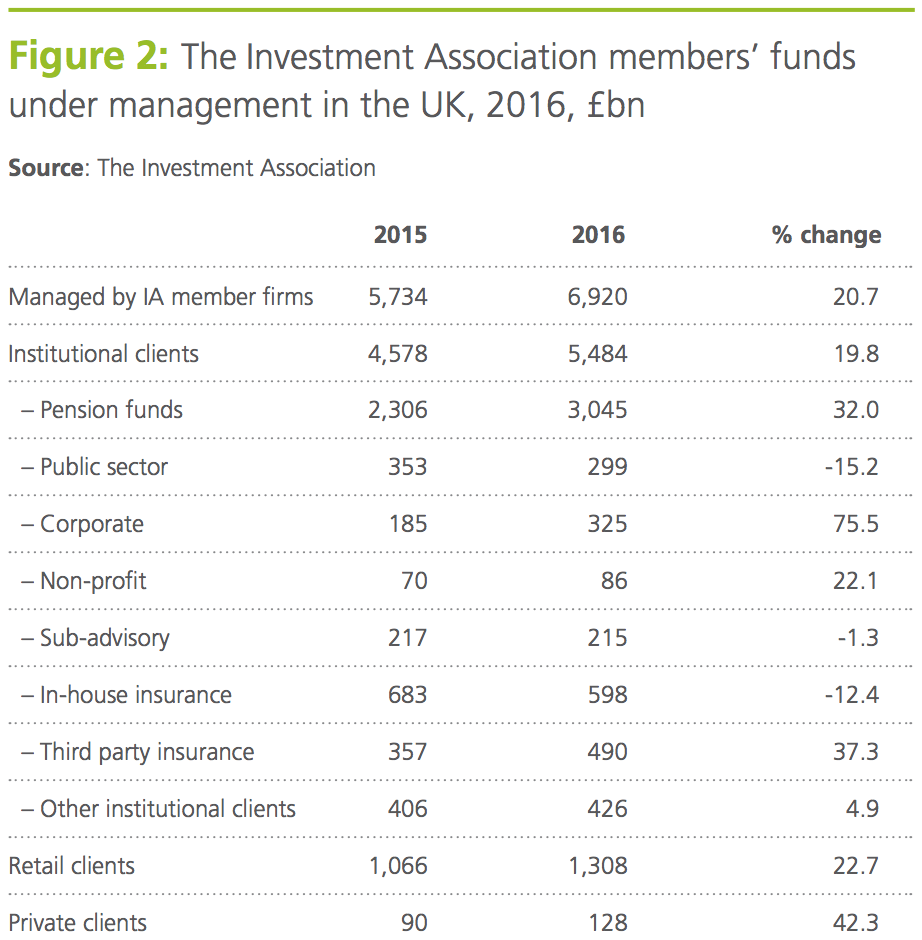Assets on UK fund managers’ books reached a record £8.1 trillion ($11.5 trillion) in 2016, as overseas investors took advantage of a weakened sterling following the Brexit referendum, new data shows.
The data revealed that over a third (37 per cent) of funds under management – a record £2.6 trillion - in the UK were managed on behalf of overseas clients, making the nation a global leader by this measure.
UK-based fund managers contributed £3.3 billion to the country’s economy in 2016, employed 52,000 people and formed a “critical part” of the wider UK business ecosystem in areas such as pensions, insurance and business investment, the report, compiled by , a financial services lobby group, stated.

“The UK government is not taking the success of the industry for granted and has given an explicit long-term commitment to the fund management sector through its investment management strategy in 2013, which was upgraded… in December 2017,” the report stated. The new strategy focuses on tax, skills and innovation in fund management, among other areas.
Institutional assets under management dominated the UK market in 2016, as they accounted for around two-thirds of the total figure. In comparison, private clients’ assets totalled £607 billion and retail equivalents £1.3 trillion. Alternative funds, including hedge funds, property funds, private equity funds and sovereign wealth funds, oversaw £1 trillion in assets.

London was “essential” to the UK’s strong international position, the report said, as funds headquartered in the capital city accounted for over two-thirds of the total figure. Outside London, major asset management hubs included Aberdeen, Edinburgh, Glasgow, Birmingham, Bristol, Cambridge, Liverpool, Manchester and Oxford, the report said.
The UK was the fifth-largest fund domicile in Europe, according to the report, accounting for 10.4 per cent of European assets under management. Luxembourg took the largest share (26.2 per cent), followed by Ireland (14.7 per cent), France (13.3 per cent) and Germany (12.6 per cent).

